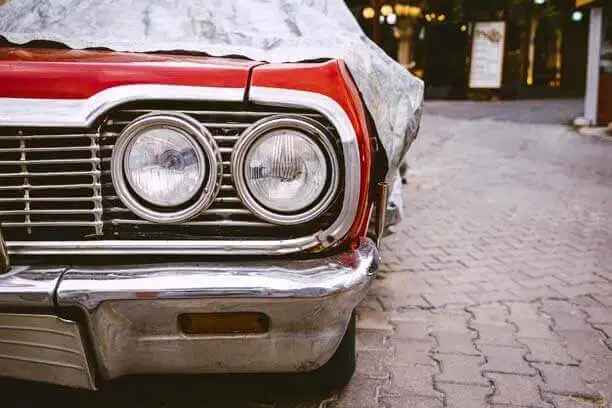Do You Need Insurance for a Car in Storage?


Are you wondering if you need insurance for the car that’s been sitting in storage? Or do you have an eye on a fixer-upper? If you have a car in storage, legally you’re not required to have car insurance if it remains there. Though since there is always some inherent degree of risk when it comes to damage or vandalism, you may want some sort of auto insurance policy to cover your stored car from the unexpected.
If your car stays in storage, most states won’t require you to carry insurance, though you are required to carry at least the minimum amount outlined by your state to register your vehicle if the vehicle is registered and tagged for road use. The minimum coverage usually consists of liability coverage, which covers expenses in case someone else is injured by your vehicle.
In most cases, the risks that come with cancelling your insurance policy will likely outweigh the short-term savings.
When you cancel your insurance coverage, you’re opening yourself up to a lapse in coverage. When it’s time for you to reinstate your insurance coverage, insurers may underwrite you as high-risk for having a vehicle in your possession that’s had no coverage, causing your insurance rates to increase and leading to a higher premium.
You may have parked your vehicle in a storage unit, but leaving your car unmonitored could leave you susceptible to theft. Additionally, if someone were to hit your parked car, intentionally or not, you could be left paying for repairs out of pocket. Even if your storage facility has a high-level of security, Mother Nature doesn’t follow the rules. A severe weather storm consisting of hail, tornados or fallen trees could damage your vehicle, and without proper coverage, you’d be left to pay the bill.
If your stored car is financed or leased, odds are the lender requires some degree of auto insurance coverage, so cancelling your policy isn’t likely to be an option without financial consequences.
Though ‘parked car insurance’ isn’t really a coverage option, most insurers will allow you to reduce your coverage. They may require that it’s stored for a minimum amount of time — usually 30 days — and you may be required to cancel your car registration since proof of insurance is required in many states before registering a vehicle.
Depending on your state’s laws, you could reduce your coverage to liability or comprehensive-only coverage.
If your car is sitting in storage, comprehensive-only coverage is a great car storage insurance option. This policy type covers the costs (minus deductible) when your car is damaged by something other than a collision. This includes fire, theft, hail, vandalism, etc.
Whether you’re putting your 1970s Mustang in storage or getting ready to hit the road in your 2023 Toyota, we’ve got you covered. Connect with a local Farm Bureau agent today to get the customizable coverage you need.